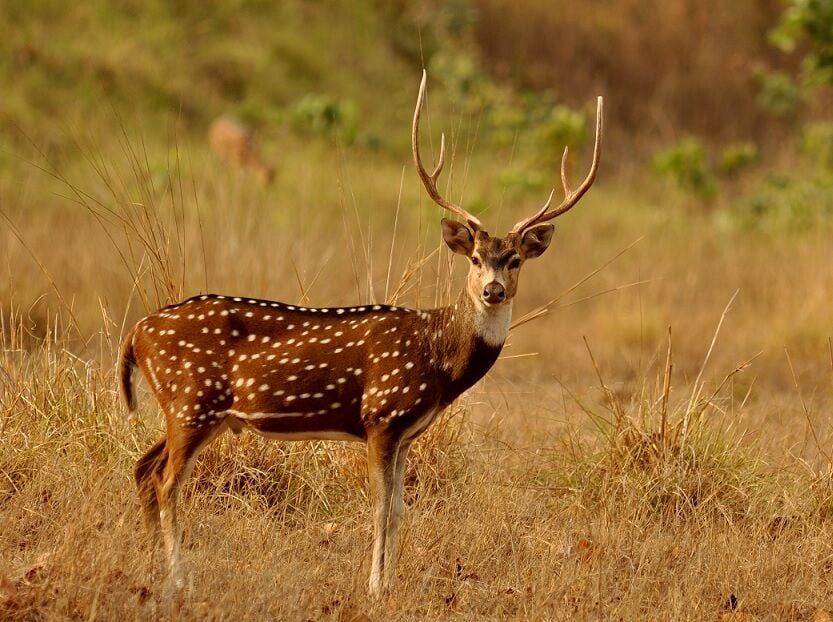Zombie deer disease alert in Yellowstone sparks potential pandemic fears

The outbreak of the so-called Zombie Deer Disease has been reported in Yellowstone National Park, Wyoming, USA, according to The Guardian website. This affliction, found in deer species, alarmed researchers and scientists due to its significant environmental impact and potential to infect humans.
Prions, abnormal and infectious agents, cause Zombie Deer Disease. These prions induce changes in the brain and nervous system, leading to symptoms in animals such as drooling, listlessness, emaciation, staggering and staring blankly. The disease has spread among animals like deer, elk, moose, caribou and reindeer, posing a lethal threat. As of now, there are no treatments or preventative vaccines available.
Veterinarian Thomas Roff, a former head of the health department for fish and wildlife, has disclosed the presence of Zombie Deer Disease in more than 800 various deer species across Wyoming. There is growing concern about the possibility of human infection and fears that this disease could become a slow-burning pandemic for our world. Consequently, calls for global governments to prepare for the potential spread of Zombie Deer Disease to humans have begun.
Roff uses the example of the UK’s BSE (mad cow disease) epidemic to highlight how situations can spiral out of control overnight. We’re talking about a similar severity of disease. No one can say for sure it will happen, but the crucial thing is we must be prepared, he warned.
While a clear solution to prevent the disease’s spread is yet to be found, Roff emphasised the issue of human feeding behaviours concerning animals. Altering their natural feeding and living behaviours could potentially contribute to disease transmission if humans were to directly feed or touch these animals.
The potential for this disease to spread among humans and the severity of its impact underscores the urgent need for effective prevention measures and a global readiness to combat this growing threat, reported Sanook.
Latest Thailand News
Follow The Thaiger on Google News:


























